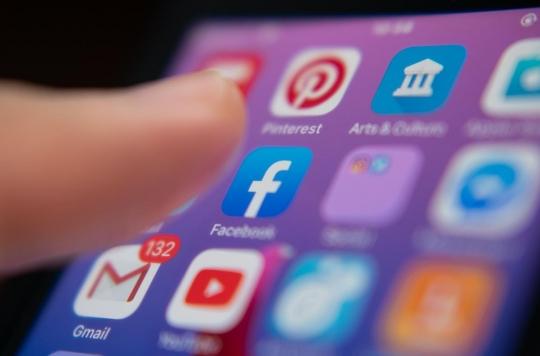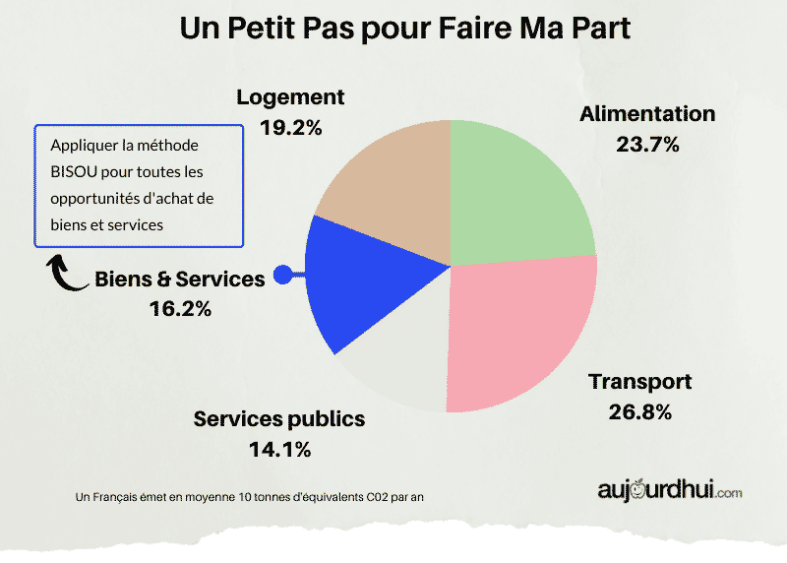A Canadian study suggests that users of social networks are more inclined to have an erroneous perception of the reality around the coronavirus and respect barrier gestures less.

- The results indicate that false or erroneous information about Covid-19 circulates more in social media like Twitter than in traditional media.
- Canadians who frequently browse social media are less likely to adhere to physical distancing rules and perceive Covid-19 as a threat, while the reverse is true for people who get their news from traditional media.
Since the start of the coronavirus pandemic, an impressive amount of information has been circulating. Among them, not all of them are true and constitute fake news. Faced with them, social network users are the most vulnerable and the most likely to believe them, according to a study by researchers at McGill University (Canada). They would also be less inclined to follow barrier gestures. The results of this study were published in the Misinformation Review June 18.
Twitter and Facebook in the crosshairs
To achieve these results, the researchers studied the behavioral effects of exposure to false information. They combined social media analysis with news analysis and survey research by combing through millions of tweets and news articles. They also looked at the results of a survey of Canadians asked to answer three questions: “To what extent is false information about Covid-19 circulating in social media and in traditional media? Does this false information contribute to a misperception of the situation surrounding Covid-19? Does this perception affect behavior?”
The main social networks that have interested researchers are Twitter and Facebook. The results indicate that false or erroneous information about Covid-19 circulates more in social media like Twitter than in traditional media. “For users in Canada and around the world, platforms such as Twitter and Facebook are becoming the main sources of information and fake newsdescribes Aengus Bridgman, co-author of the study. In a context such as the Covid-19 crisis, it is justified to be interested in the role of social media in accentuating misperceptions.”
Less inclined to respect barrier gestures
Researchers have found large differences in behavior and attitude between people who get their news from social media and those who consult traditional media. A difference that is confirmed even taking into account factors such as scientific literature and socioeconomic differences. Canadians who frequently browse social media are less likely to adhere to physical distancing rules and perceive Covid-19 as a threat, while the reverse is true for people who get their news from traditional media.
The researchers plead for greater attention to be paid to the information circulating on these social networks. “There is growing evidence that misinformation circulating on social media poses a risk to public healthsays Taylor Owen, co-author of the study and associate professor at the Max Bell School of Public Policy at McGill University. This makes it all the more important for policy makers and social media platforms to flatten the curve of fake news..”

.

















